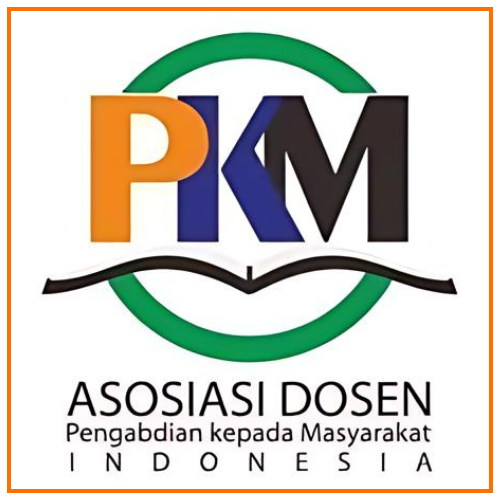Classroom Challenges of Secondary Level English Teachers at Remote Government Schools in Nepal
Abstract
Keywords: Challenges; English teachers; Government School; Remote; Secondary level.
Full Text:
PDFReferences
Ansari, A. A. (2012). Teaching of English to Arab Students: Problems and Remedies | Semantic Scholar. Semantic Scholar.
Awla, H. A. (2014). Learning Styles and their Relation to Teaching Styles. International Journal of Language and Linguistics, 2(3), 241-245.
Bista, K. (2011). Teaching English as a Foreign/Second Language in Nepal: Past and Present. English for Specific Purposes World, 11(32), 1–9.
Chung, H. V. (2016). A Study of Reading Comprehension Problems in English Encountered by First-Year Students of Faculty of Vietnamese Studies at Hnue (Unpublished doctoral dissertation). Hanoi National University of Education, Hanoi.
Derakhshan, A. (2015). The Challenges of Teaching the English Language: The Relationship between Research and Teaching. International Journal of Linguistics Vol. 7(1), 102-110.
Dugdale, S. (13 June 2019). How is Your Teaching Voice? Retrieved Online. https://www.write-out-loud.com/teachers-voice.html.
Emery, H. (2012). A Global Study of Primary English Teachers Wualifications, Training and Career Development. ELT Research Papers, 1-32.
Fatiloro, O. F. (2015). Tackling the Challenges of Teaching English as Second Language (ESL) in Nigeria. IOSR Journal of Research & Method in Education (IOSR-JRME), 26-30.
Gozcu, E., & Caganaga, C. K. (2016). The Importance of Using Games in EFL Classrooms. Cypriot Journal of Educational Sciences, 11(3), 126-135.
Hasan, L.-N. K. (2016). The Effect of Lack of Vocabulary on English Language Learners Performance with Reference to English Departments Students at Salahaddin University-Erbil. (ZANCO Journal of Pure and Applied Sciences), 211-227.
Hoa, N. T., & Mai, P. T. (2016). Challenges in Teaching English for Specific Purposes: Empirical Study at Vietnam Universities. Canadian Center of Science and Education, 154-161.
Khan, I. A. (2011). Challenges of Teaching/Learning English and Management. Global Journal of Human Social Science Vol. 11, 68-79.
Krashen, S. (1981). Second Language Acquisition and Second Language Learning. Oxford: Pergamon.
Littlewood, W. (2007). Communicative and Task-Based Language Teaching in East Asian Classrooms. Language Teaching, 243-259. Mishra, B. (2015). Innovative Ways of English Language Teaching in Rural India through Technology. International Journal of English and Literature Vol. 6(2), 38-44.
Malla, K.P. (1977). English in Nepalese Education. Kathmandu: Ratna Pustak Bhandar.
Nurkamto, J. (2003). Problema Pengajaran Bahasa Inggris di Indonesia. Jurnal Ilmiah Masyarakat Linguistik Indonesia 21(2), 288-307.
Pande, V. B. (2013). Problems and Remedies in Teaching English as a Second Language. Confluence, 416-421.
Prabhu, N.S. (1990). There is No Best Method-Why? TESOL Quarterly, 24(2), 161-176. Qi, G. Y. (2016). The Importance of English in Primary School Education in China: Perceptions of Students. Multilingual Education, 6(1), 1.
Shrestha, R. (1983). English as a Second Language/English as a Foreign Language Distinction: Its Pedagogy and the Nepalese Context. Contributions to Nepalese Studies, 11(1), 45- 59.
Wong, L. L., & Nunan, D. (2011). The Learning Styles and Strategies of Effective Language Learners. System, 39(2), 144-163.
DOI: https://doi.org/10.37058/jelita.v1i1.4443
Refbacks
- There are currently no refbacks.








Journal of Education, Language Innovation, and Applied Linguistics
Lembaga Penelitian, Pengabdian Kepada Masyarakat dan Penjaminan Mutu Pendidikan (LP2M-PMP) Universitas Siliwangi
Jalan Siliwangi Number 24, Kota Tasikmalaya - 46115
West Java, Indonesia










